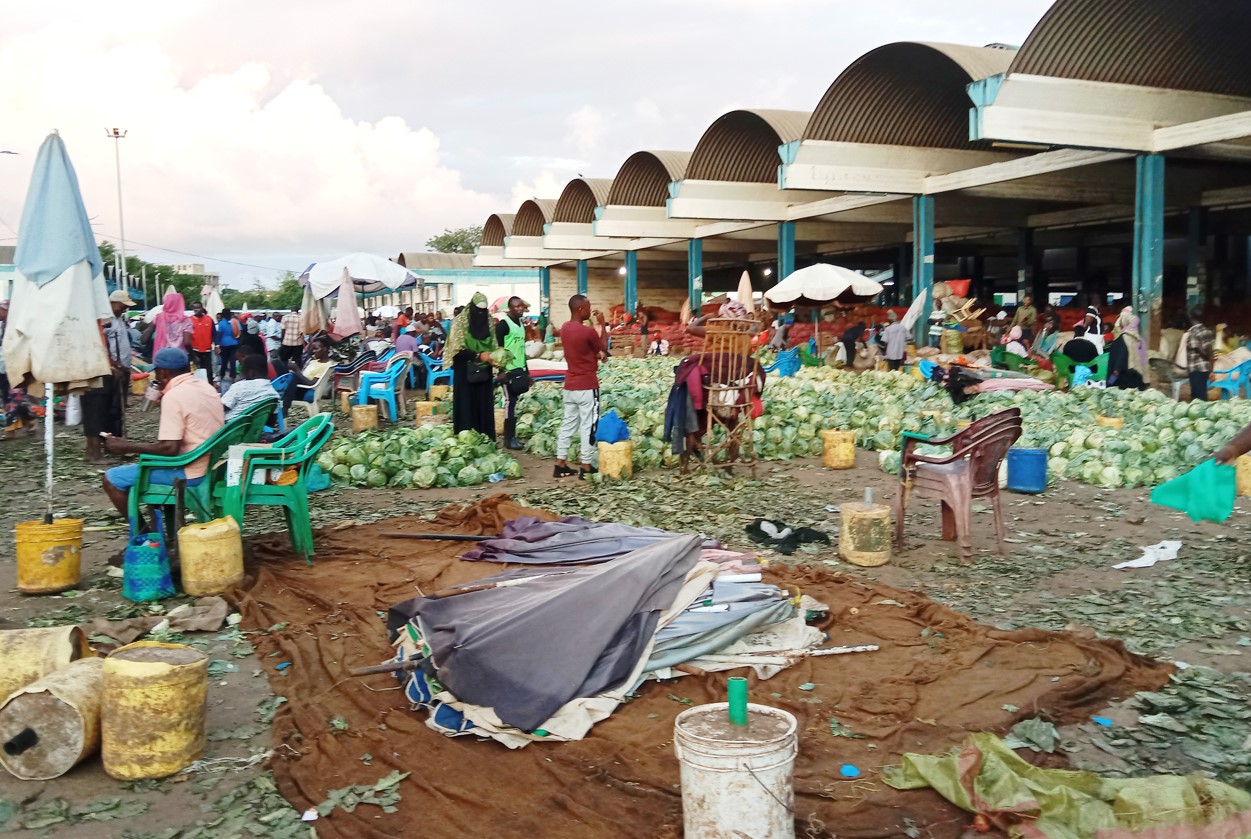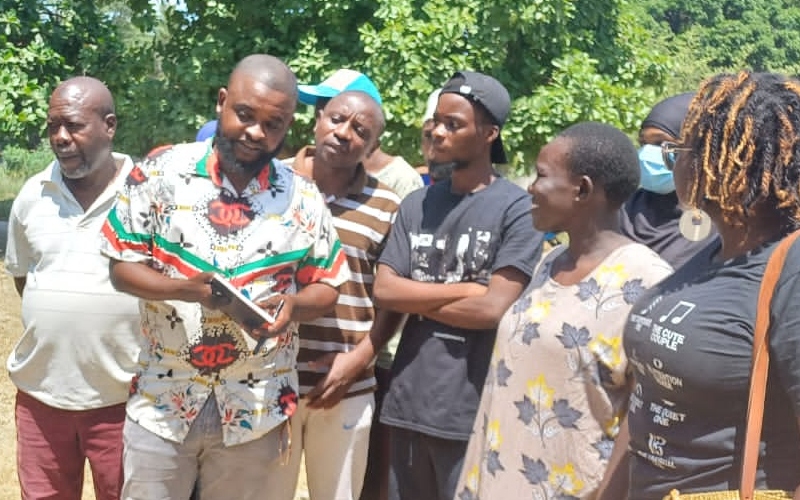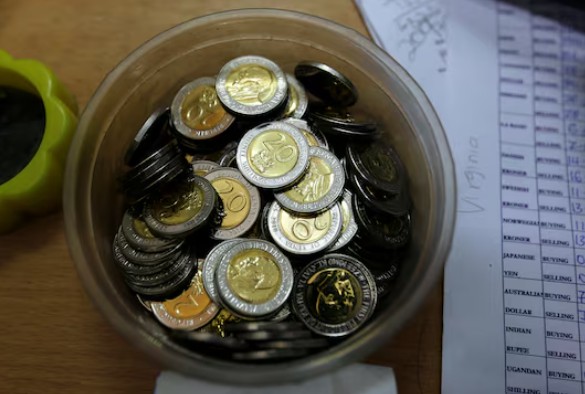Kenya’s women entrepreneurs face loan crisis amid digital transition

The report attributes the shortfall to the shift from manual to digital loan applications, which disrupted the usual loan processing cycle.
Women-owned businesses in Kenya have lost out on millions of shillings in low-cost loans due to the government's move to digitise the disbursement process, according to a recent report by the State Department for Gender and Affirmative Action.
The new digital system, which President William Ruto introduced in March 2023, has significantly reduced the funds disbursed to women entrepreneurs through the Women Enterprise Fund (WEF), a key government initiative to support female-run businesses.
More To Read
- Government cuts funding to merged, dissolved state corporations
- Kenya adopts Women Entrepreneurs Finance Code to close gender financing gap for women entrepreneurs
- MPs back Women Enterprise Fund as Sh11 billion reaches 73,712 women groups
- MPs push Treasury to curb rising fees on unused foreign loans
- Kenya nets Sh2.3 billion from international digital service providers
- Private sector credit surges to Sh10.7 billion in June as lending recovers
In the financial year ending June 2024, WEF disbursed only Sh941 million in loans to women-owned businesses, marking a 45.29 per cent drop from the previous year's total of Sh1.72 billion.
This sharp decline falls far short of the Sh2.5 billion target set for the year, reflecting a larger trend of reduced funding for women's business ventures.
The report attributes the shortfall to the shift from manual to digital loan applications, which disrupted the usual loan processing cycle.
"We have eliminated financial intermediaries. This will boost access," President Ruto said during the relaunch of WEF, stressing the new system's goal of making loans more accessible and quicker to process.
Previously, women entrepreneurs had to wait an average of 45 days for loan approvals, but the digital platform was expected to expedite the process, offering instant access to funds.
However, the transition to digital processing has not been without its challenges. The suspension of manual loan applications and the piloting of the digital platform led to a sharp drop in disbursements, especially for group loans.
WEF's funding in the past year represents a 68.74 per cent decrease from Sh3.01 billion disbursed during the final year of former President Uhuru Kenyatta's administration.
In addition to this reduction in loan amounts, the digital shift also ended Local Purchase Order (LPO) financing, which had previously allowed women entrepreneurs to access funds to supply goods and services to government agencies, companies, and educational institutions.
No loans were disbursed under the LPO scheme in the year ending June 2024, a stark contrast to the Sh12.2 million and Sh17.86 million issued in the previous two years, respectively.
The move to digital loans has also led to the discontinuation of the 'Thamini' product, designed to provide financial support specifically to widows.
Last year, this product disbursed Sh21.1 million but the new system also blocked this funding stream.
Similarly, the shift halted funding through Savings and Credit Cooperative Societies (SACCOs), which had received Sh42 million the previous year. The new target is Sh60 million for the year ending June 2024.
Top Stories Today













































